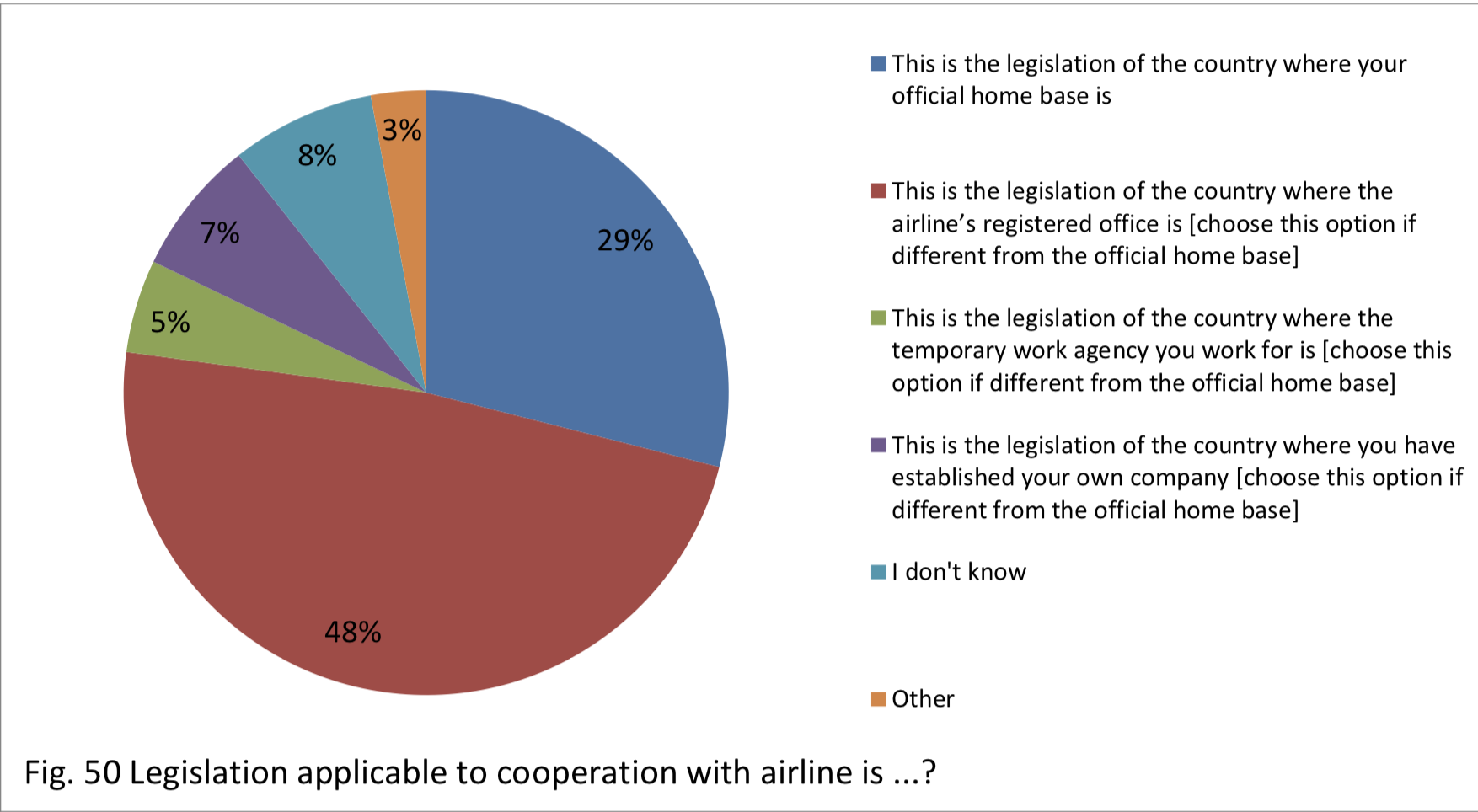

Was the EU Employment Commissioner Marianne Thyssen right to tell Michael O’Leary that the “EU internal market is not a jungle” and there are rules that employers should abide by? Her statement was indeed correct. But it was also a highly optimistic representation of reality on the ground and revealed how powerless the EU can sometimes be. This may now change with the project of a new EU Labour Authority (ELA), that would allow employees and employers to deal more easily with complex aspects of cross-border labour mobility and to better fight against social fraud.
Often employees fall victim to exploitation and social fraud because of existing loopholes in legislation and lax oversight on the national level. An airline may register its Principle Place of Business e.g. in Malta, hire crews from a staffing agency in Lithuania and base them in Brussels. Understaffed or uninterested labour authorities would pass the ball between each other if crew need to enforce their labour rights. Often, the only solution is seeking the answers in Court – a costly and time-consuming endeavour. This is why it took two decades for Ryanair employees to finally dismantle the myth that if you work on an Irish aircraft, you are an Irish employee. It wasn’t until the EU Court of Justice issued a verdict on a case – and the EU Employment Commissioner spelled it out to its CEO – that Ryanair fell in line by finally offering local labour contracts to its employees.
Such loopholes exist because the EU does not have a common social security or labour laws. While it has developed legislation regulating free movement of workers, posting of workers and social security coordination, complying with those rules and efficient enforcement across the EU is lagging behind.
The aim of this new Authority – as proposed by the EU Commission – is to support Member States in implementing the existing EU legislation in the areas of cross-border labour mobility and social security coordination, including free movement of workers, posting of workers and highly mobile services.

As highly mobile workers, pilots are often affected by the rules and regulations of several different countries. In the 2015 Atypical Employment study by the Ghent University, 48% of the pilots say that to them applies the labour law of the country in which the airline is registered, while only 29% enjoy the social security and labour law of their Home Base country. And almost 10% don’t even know under which labour laws they fall.
It would be in the EU Labour Authority’s remit to inform and help pilots in such cases. The ELA would be able to suggest the organization of joint labour inspections at the Member States request but hopefully also at its own initiative. To allow for appropriate follow up of such inspections, the Authority would be responsible for analysis of the results and making recommendations. This would trigger better cooperation between Member States and concrete ways to improve recurrent issues and to combat fraud.
The Commission also wants the Authority to intervene as a mediator between employers, unions and workers when companies with several offices across the EU restructure or fire their staff. In the case of an airline, if it wants to close its bases, there are European rules that have to be followed and the ELA could be the one overseeing the process.
A small but important detail – the ELA would also be overseeing labour rights of the self-employed. How exactly this would work in practice is unclear but it is a good news to the thousands of atypically employed pilots in Europe.
In a nutshell, the ELA is an attempt to find solutions and bring fairness to workers in the EU Single Market, with its confusing and disharmonised national labour laws and social security regimes. If all goes well in the legislative process, the ELA will be up and running later this year and will reach cruising speed by 2023. No-one knows yet whether the ELA will become one of the EU’s success stories – or “will be the jewel in the crown of a well-functioning European labour market”, as Commissioner Thyssen hopes. But the ambition and political will are promising.